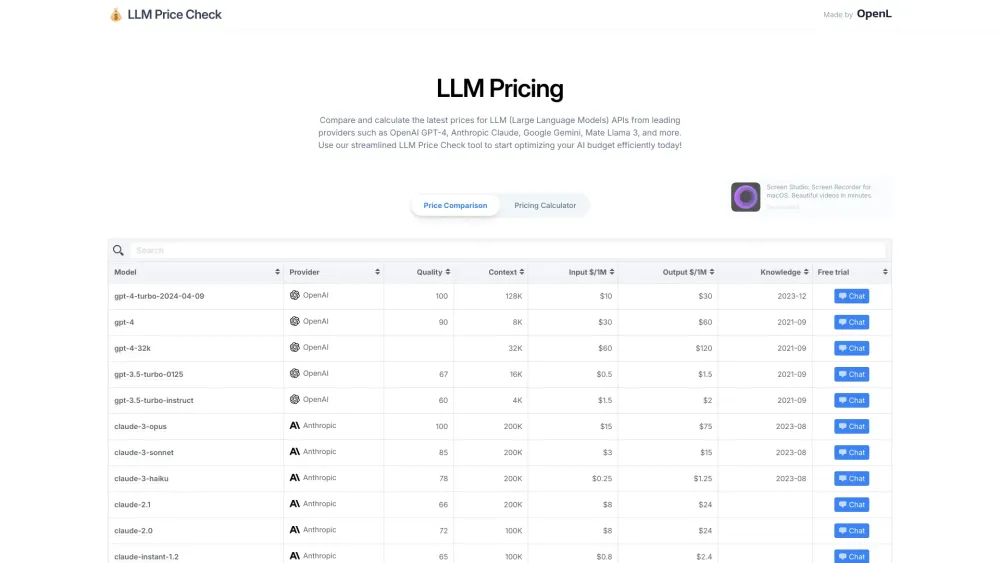Are You Ready to Let AI Manage Your Finances?
The integration of Artificial Intelligence (AI) in financial management is set to transform the industry. Banks are increasingly outsourcing key financial functions to AI systems, which are projected to generate an additional $372.9 billion in annual revenue. This momentum is not limited to banking; other sectors like marketing, human resources, and financial IT are also feeling the impact of AI.
According to McKinsey's recent report, AI could contribute an extra $1 trillion in annual profits for the banking industry. The ongoing shift to digital banking, accelerated by the pandemic, is expected to boost online banking app usage by 20% to 50%.
The AI-Driven Future of Banking
AI is already revolutionizing payment processes, loan management, and insurance in banks, with applications ranging from advanced AI technologies to traditional analytics. McKinsey notes practical examples of AI delivering value to retail and small business customers.
For instance, customers can leverage AI tools for tasks such as facial recognition payments while enjoying a café visit. AI analyzes customer health information to recommend appropriate insurance products and provides ongoing financial advice. Additionally, augmented reality applications assist in tracking daily activities and prompting timely payments, alongside support for deposits and optimized investment suggestions.
For small and medium-sized enterprises (SMEs), AI plays a vital role in streamlining processes. It assesses the company’s situation and objectives, proposing suitable loan options, and gauges customer expressions to recommend effective management strategies. If further assistance is needed, AI effortlessly connects customers with relevant suppliers and virtual advisors for expert recommendations.
AI's Growing Presence Across Industries
AI's adoption in the financial sector is already substantial, with findings revealing that by November 2019, around 60% of financial firms had integrated at least one AI function. The most prevalent features include automation robots (36%), virtual communication services (32%), and natural language processing (28%).
Tech giants like Alibaba, Baidu, Tencent, Amazon, Facebook, and Google are actively developing integrated financial ecosystems. This approach enhances banking services while merging additional products and technologies to create added value.
AI's Impact Beyond Banking
The influence of AI extends across diverse industries, including high-tech, telecommunications, autonomous driving, retail, and construction. McKinsey’s study emphasizes varied impacts across sectors, with high-tech, autonomous driving, and telecommunications leading in AI adoption.
Different industries favor distinct AI technologies; for example, the autonomous driving and financial sectors demand advanced processing capabilities, while high-tech and renewable energy industries often rely more on machine learning. Notably, 54% of tech sector companies are already utilizing machine learning, and robotics is gaining traction, especially in packaging and pharmaceuticals.
According to a 2019 survey by CCAF and the World Economic Forum, AI could potentially replace nearly 9% of jobs across various companies by 2030. Respondents from 151 fintech firms assert that companies employing AI in specific functions will emerge as significant competitive forces.
In conclusion, as AI continues to permeate various sectors, the pressing question remains: are you ready to embrace its role in managing your finances?





